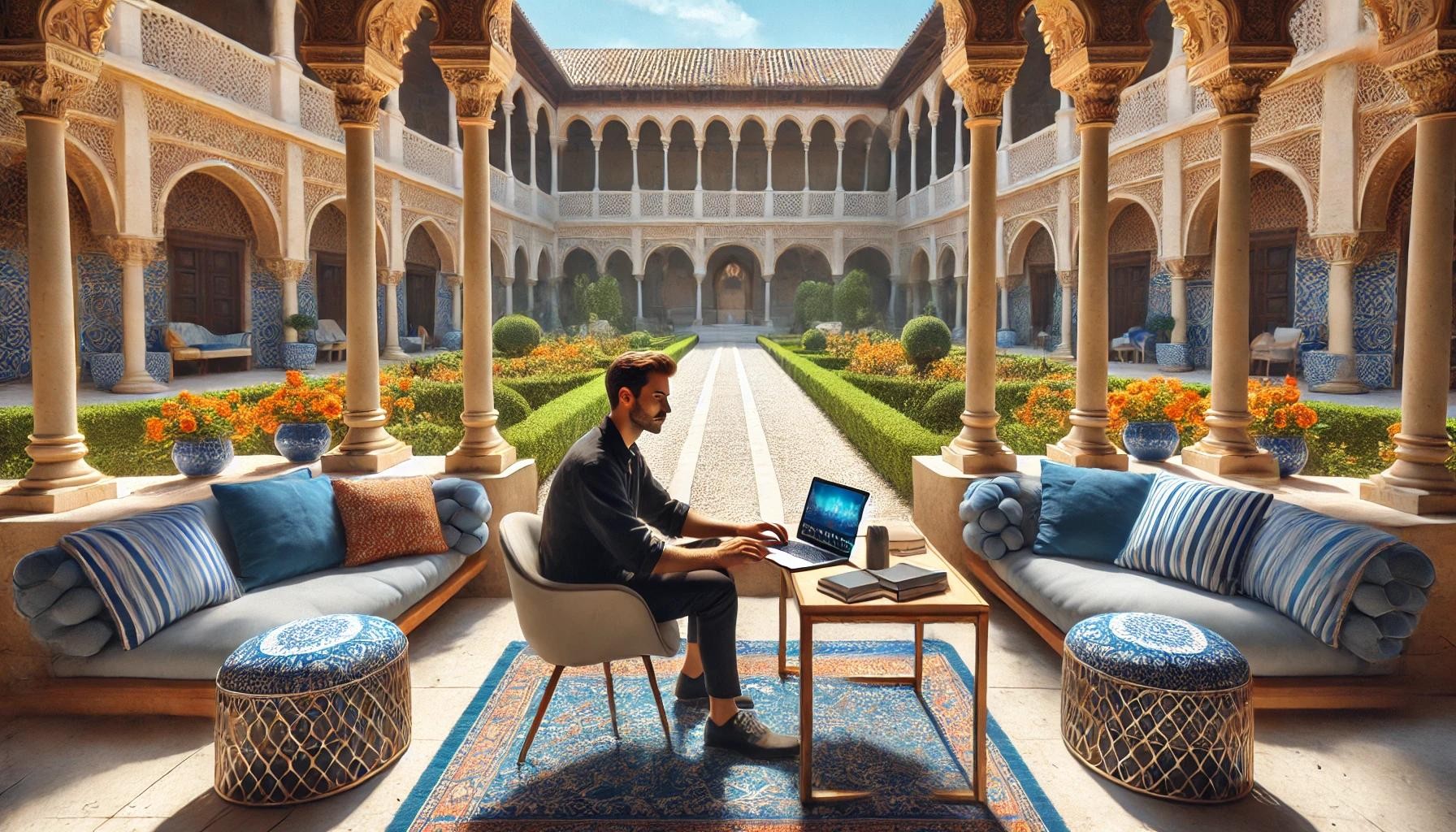
Building a Personal Brand as a Freelancer: Why It Matters
In today’s competitive freelance market, building a strong personal brand can set you apart from the crowd and help attract more clients. Your personal brand is how clients perceive you—it’s your reputation, expertise, and unique value proposition. A well-defined personal brand not only showcases your skills but also builds trust and credibility with potential clients. This article explores why building a personal brand as a freelancer is essential and how you can create a brand that resonates with your target audience.
1. Why a Personal Brand Matters:
Having a personal brand is critical in freelancing because it allows you to stand out in a crowded marketplace. It helps clients identify who you are, what you offer, and why they should hire you. A strong personal brand also positions you as an expert in your field, making it easier for clients to trust your abilities and choose you over competitors.
2. Define Your Unique Value Proposition (UVP):
Your personal brand starts with your unique value proposition. Ask yourself what makes you different from other freelancers in your field. Are you known for delivering fast results? Do you specialize in a specific niche? Your UVP should highlight the qualities and skills that set you apart from others. Clearly defining your UVP will make it easier to communicate your strengths to potential clients.
3. Showcase Your Expertise:
One of the best ways to build a personal brand is by showcasing your expertise. This can be done through creating a professional website, writing blog posts, or sharing valuable insights on social media platforms. By consistently sharing knowledge and advice in your field, you position yourself as an authority and a go-to expert for clients looking for freelance services.
4. Be Consistent Across All Platforms:
Consistency is key when building a personal brand. Ensure that your brand voice, messaging, and visuals are consistent across all platforms—whether it’s your website, social media profiles, or email signature. Use the same tone, color scheme, and professional imagery to create a cohesive and recognizable brand that resonates with your audience.
5. Build a Professional Online Presence:
In freelancing, your online presence is often your first impression. Invest in a professional website that showcases your portfolio, services, and testimonials. Make sure your social media profiles, especially LinkedIn, are up to date and reflect your professional identity. A polished online presence demonstrates your professionalism and helps build trust with potential clients.
6. Create a Strong Portfolio:
A personal brand is only as strong as the work you can showcase. Build a portfolio that highlights your best projects and includes case studies that demonstrate your problem-solving abilities and results. A compelling portfolio not only showcases your skills but also shows potential clients the quality of work they can expect from you.
7. Leverage Social Media to Build Your Brand:
Social media is a powerful tool for building your personal brand as a freelancer. Share industry insights, engage with your audience, and showcase your latest work on platforms like LinkedIn, Twitter, or Instagram. Social media helps you reach a wider audience, connect with potential clients, and establish yourself as a thought leader in your niche.
8. Get Client Testimonials:
Client testimonials play a significant role in building a personal brand because they offer social proof. Positive feedback from satisfied clients builds trust and credibility. Ask your clients to provide testimonials after completing a project and display them prominently on your website or social media profiles.
9. Network with Other Professionals:
Networking is an essential part of building a personal brand. Attend industry events, join online forums, and connect with other freelancers and professionals in your niche. Building relationships with others in your field can lead to referrals, collaborations, and opportunities that enhance your brand visibility.
10. Evolve Your Brand as You Grow:
As your freelance career progresses, your personal brand should evolve too. Continuously update your portfolio, website, and social media profiles to reflect your latest achievements and expertise. Reassess your unique value proposition as your skills grow, and ensure your brand stays relevant and authentic.
Building a personal brand as a freelancer is a powerful way to attract clients, establish credibility, and stand out in a competitive market. By defining your unique value proposition, showcasing your expertise, and maintaining a professional online presence, you can create a brand that resonates with your target audience and drives long-term success in your freelance career.

